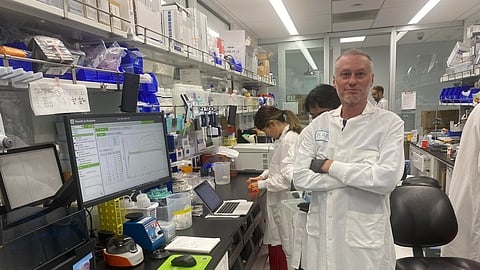Tim Friede is no ordinary snake lover. In the last 18 years, the self-trained venom expert has injected himself with snake venom over 850 times. His daredevil approach might sound crazy, but it has resulted in something remarkable: a breakthrough in worldwide snake control.
Surviving the Unthinkable
Friede's adventure started in his childhood when he started keeping pet snakes. Soon, he was milking venom from his pets, diluting it, and injecting himself with it, gradually developing immunity. But the turning point came when he was bitten by two cobras within a span of an hour. The venom almost killed him.
"I basically flat-lined and died. It wasn't fun. I had enough immunity for one bite, but not for two. I completely screwed up.", said Tim Friede.
Rather than take it as a sign of quitting, though, Fried took it as validation: His self-immunization experiment could indeed work.
Turning pain into progress
Pursuing the obvious risk, Fried doubled down. Over time, he put himself in contact with the venom of the deadliest snakes on the planet: the Egyptian cobra, black mamba, coastal taipan, and Mojave rattlesnake. He filmed the whole process, fang bites included, on YouTube, both shocking and fascinating the scientific community.


